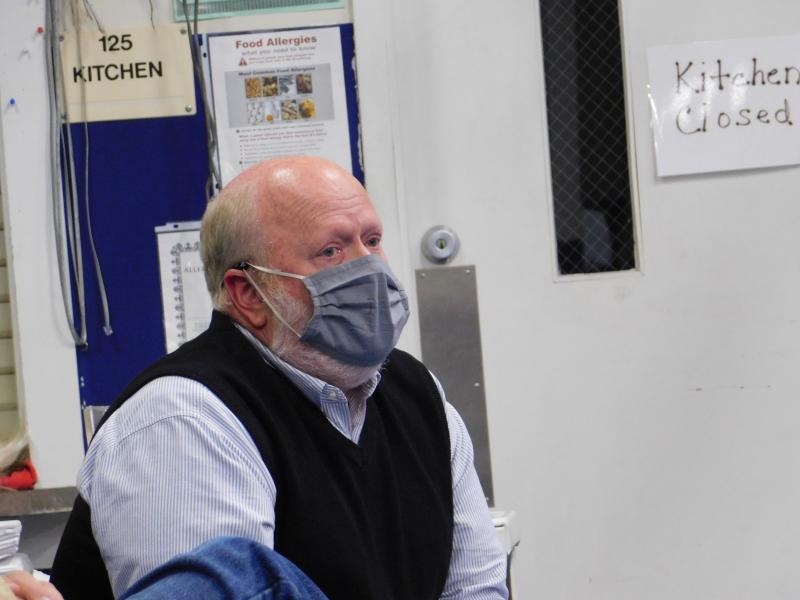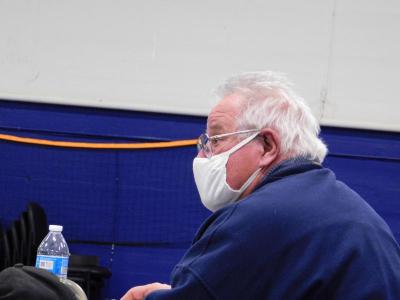Rochester threatens to get ‘ugly’ over Rte. 28 transfer station access
“The stepchild left out in the rain:” That’s how Rochester Town Counsel Blair Bailey described his town’s position as the host of the Rte. 28 transfer station and apparent afterthought for the leaders of the waste district.
Although the transfer station is in Rochester, that town has never been a part of the Carver Marion Wareham Regional Refuse Disposal District that operates it. And Rochester officials have not been consulted about the district’s — and Wareham’s — plans for the site’s future.
Earlier this month, the waste district finalized a lease agreement that would allow Wareham to operate the transfer station and allow Carver residents to purchase stickers that would allow them access.
Written into that lease is a provision that gave Wareham the authority to decide whether or not Rochester residents would be given access.
Bailey said that no one had been in touch with the town to discuss any of these changes, despite a contract provision dating back to the 1990s that said Rochester should be in discussions about any changes that would impact the town’s residents ability to access the station.
Under the district’s current agreement, which ends on Dec. 31 of this year, Rochester residents are allowed free use of the Rte 28 station.
On average, Rochester residents only account for about three percent of the users of both the Rte. 28 and Benson Brook transfer stations, said District Director Jeffrey Osuch. Rochester runs a townwide curbside trash pick-up program, and residents are allowed to dispose of some waste at the town barn.
Members of the waste district said they had no knowledge of the contract provision Bailey was referring to, and that the district’s attorney, Tom Crotty, had said he did not know of any contractual obligations to Rochester.
Wareham Selectman Jim Munise said that his understanding — seemingly shared by the other members of the committee — was that the district’s responsibility to Rochester ended with the original SEMASS agreement on Dec. 31.
Bailey emphasized that Rochester doesn’t receive any tax income from the transfer station, and noted several times that the Rochester Board of Health owns the site agreement that is required for the station’s operation.
“I’ve spoken with [the Department of Environmental Protection] and they have a serious issue with the site being in Rochester and Rochester being out of the loop, and I know the Board of Health does,” Bailey said.
Bailey said that the town’s Board of Health may have the power to shut down the station’s operation.
Munise and Municipal Maintenance Director Dave Menard said that Wareham did not intend to exclude Rochester, and pointed out that the town had only received the lease about a week and a half ago.
Bailey did not seem convinced, and said several times that things would get “ugly.”
It is unclear what Rochester’s plans are, or whether Rochester’s officials will be content with sticker sales and pay-as-you-throw access for town residents.














